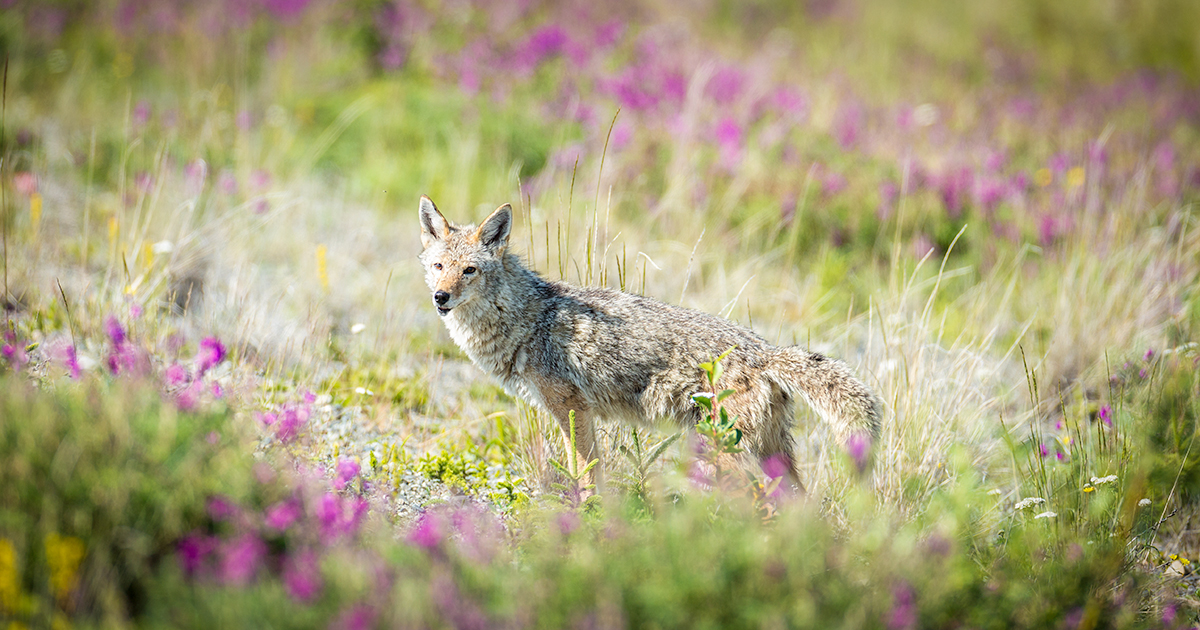
The fur industry is leaning into the concept of sustainability as a reason that Canadians and consumers should choose fur over… well, over any other product, it would seem. But, just like in the instance of saying fur is humane, sustainability misleading term.
A simple definition of sustainable is: “of, relating to, or being a method of harvesting or using a resource so that the resource is not depleted or permanently damaged.”
And, in the instance of fur, that is true. You can kill high volumes of some species and never damage the ongoing size of the population. But, as we know, fur-bearing animals aren't just "a resource," and "harvesting" them it isn’t that simple.
Each of those populations is made up of individuals who have emotion, cognition, and wants and needs, and disrupting social structures within populations can lead to greater problems (particularly when the goal of management is to manage conflict).
We can even replace coyote with their close cousin the domestic dog (Canis lupus familiaris) in the statements made by the fur industry. They remain factually correct, but morally appalling to most in Canada: “Labrador Retrievers are highly abundant across North America … Trapping is strictly regulated by provincial puppy departments to make sure it is conducted sustainably and responsibly.”
A bit ludicrous? Certainly. But so is the concept that “sustainability” enshrines something in a guaranteed ethical box.
The brutal nature of the fur industry is sustainable – you can always breed more mink to fill tiny cages or ensure there are enough coyotes left over to mate and be terrorized by snares and body-gripping traps of the next season.
Sustainability means there’s enough to do it again – it doesn’t mean that an act is morally justifiable, or that it is better than any other options. And it’s high time that the fur industry understand that Canadians are compassionate by nature, and would much rather use sustainable materials that didn’t cost lives or create suffering.
It’s time to #MakeFurHistory.
monthly donor(for as little as $10/month – the cost of two lattes) pleaseclick hereand help us save lives today.

